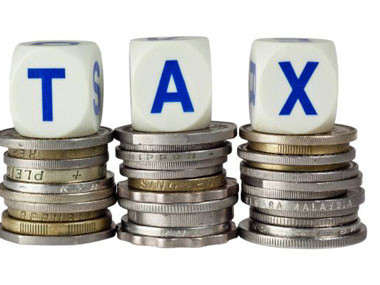Ministry opens public debate on mini tax reform
Published on 11 november 2015Ministry opens public debate on mini tax reform
The Finance Ministry has opened a public debate on three tax-related bills aimed at increasing the competitiveness and productivity of the economy and, consequently, employment by reducing taxation of labour income.
The deadline for comments and suggestions from the interested public is set a
In the documents published on the ministry's website, the ministry proposes tax breaks for performance-related bonuses, which would be compensated with changes and restructuring of some other tax breaks.
Being amended are the income tax act, the corporate income tax act and the act on the special tax treatment of performance bonuses for employees. The latter is to replace the existing act on workers' participation in profit.
When it comes to tax breaks for performance-related bonuses, employers will need to determine criteria for the rewarding of performance, and will be able to earmark a maximum of 20% of operating profit for such bonuses.
Employees would need to pay performance-related bonuses to all workers who meet the criteria and are employed in their companies for at least six months. Each worker would get bonuses of up to two-fold of their average monthly wages but not more than EUR 5,000.
The ministry has estimated that the tax break would result in a revenue loss of at least EUR 70m, EUR 13m of which will be absorbed by the national budget, EUR 37m by the pension purse and EUR 20m by the health insurance purse.
Since first payments of bonuses to employees under the proposed changes will be possible in 2017, the effect on public finance will be felt in two years.
The ministry plans to compensate for the loss by abolishing a number of tax breaks defined in the income tax act and the corporate income tax act, which would save the government a total of EUR 87m.
The tax break for investments in R&D would be reduced from 100% to 50%, the tax break for new employment and the tax break for donations to political parties would be abolished, while the tax break for investments would be cut from 40% to 20%.
The highest income tax bracket (50% taxation), which was introduced as a temporary anti-crisis measure and was planed to be abolished in 2015, will remain in force until 2020.
Source: ''TheSloveniaTimes''


